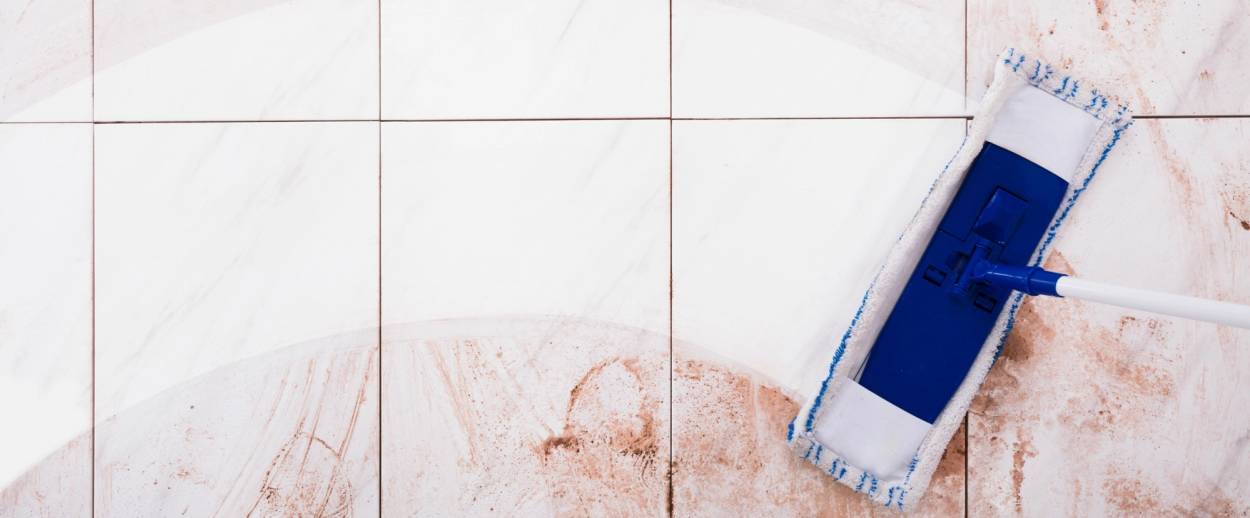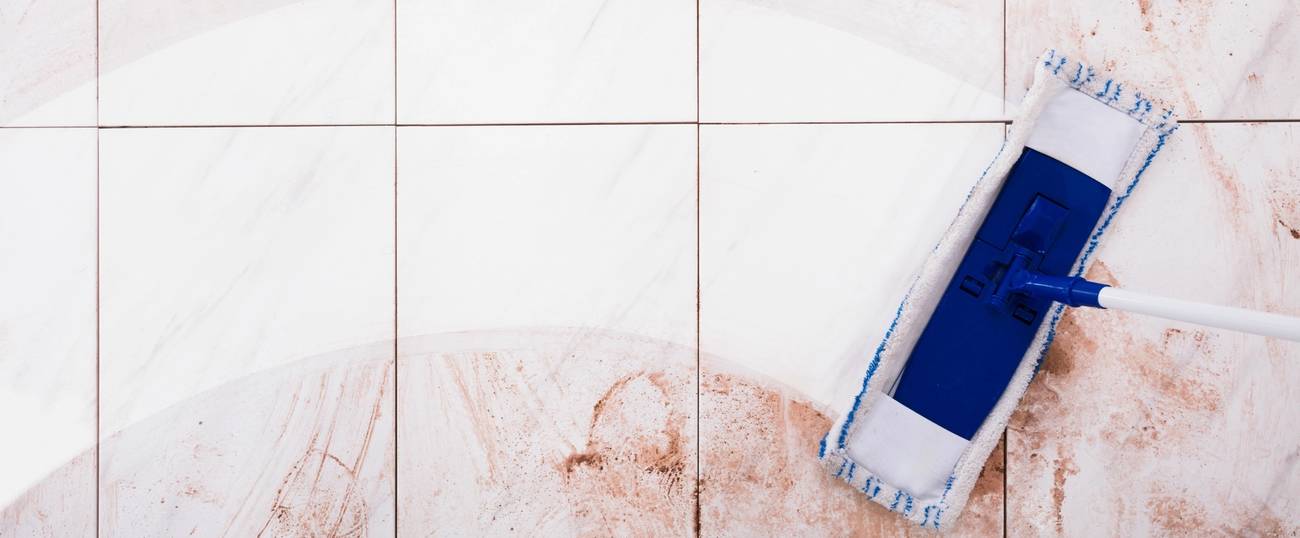Got Shmutz?
We have the dirt on one of Yiddish’s most evocative words




Natalia Veselnitskaya, a Russian lawyer who, after first denying it, eventually owned up to the fact that she funneled information to a top Kremlin official at a 2016 Trump Tower meeting, claimed to have the shmutz on Hillary. Donald Trump Jr. was eager to get that shmutz. Michael Cohen, former fixer for Donald Trump Sr., the president, said his erstwhile client knew about the meeting, and about the shmutz too.
Sr. first said he knew about the meeting, then said it was about adoption of Russian children, and, most recently, stated matter-of-factly that it had indeed been about getting shmutz on Hillary.
And, of course, during the presidential campaign Mr. Trump repeatedly implied the existence of said shmutz.
A gantzeh balagan.
That is to say, total chaos.
Gantz, from German, means “complete” (and should not be confused with ganz, “a goose,” though one can certainly, if sufficiently hungry, eat a gantzeh ganz).
Balagan, which can also be used to mean “mess” or “farce,” is Russian and Polish in origin, whence it drifted into Yiddish, from which it migrated to modern Hebrew, where, understandably, it is quite a common word.
But we are not concerned here with geese or messes (though the former can make quite a bit of the latter), but rather with shmutz. No, not literal, or even metaphorical, shmutz. Rather with the word itself.
Identical to its German cognate in meaning, it translates as “dirt,” and, like that English word, can refer either to actual grime or filth, to indecent literature or photographs, or, as in our opening paragraph, to “the goods,” in that phrase’s most negative sense.
In fact, shmutz (sometimes rendered schmutz) is related to our English “smudge” and “smut.”
Among the considerable number of other “sh” (or “sch”) Yiddish words that have found a home in English is shmooze. It is used to mean “idle conversation” or, if used in the phrase “shmooze up,” to “flatter someone,” usually for some gain. Ms. Veselnitskaya, for instance, likely shmoozed up Donald Jr. in order to get her meeting. And the meeting itself, of course, might go down in history as the Shmutz Shmooze. Though probably not.
Shmooze is actually from the Hebrew shmu’a, which literally translates as “something heard” and is used to mean a message or rumor. Interestingly, in postgraduate yeshivot, a moral or ethical lecture, usually by the mashgiach, or head counselor, of the institution, is referred to as “a shmuess,” essentially the same word as shmooze. The intent is that the lecture, dealing with proper behavior, is less a lecture than a conversation, between the shmuess deliverer and his listeners. Though as conversations go, it’s unusually one-sided.
Shmutz is a surname too. And the subject of what might be called a dirty joke.
It made the rounds during the German occupation of various countries during the Second World War, about the man who petitioned the local German occupation authorities to change his given name, Adolf Schmutz.
The functionary in charge of such things expressed his understanding of the man’s desire to not be known as Mr. Schmutz.
“No, no” said the petitioner. “Not Schmutz. It’s Adolf I wish to change.”
Rabbi Shafran, whose latest book is “It’s All In The Angle” (Judaica Press), blogs at rabbiavishafran.com.